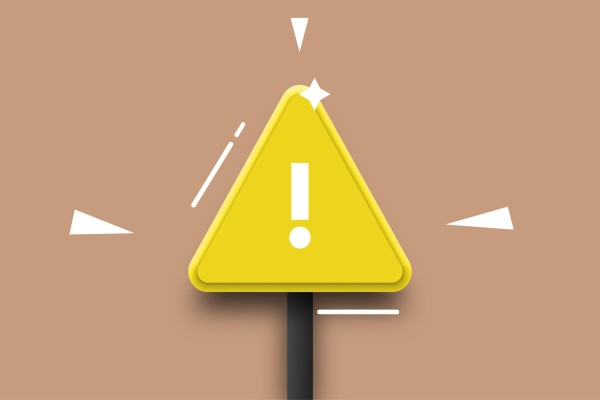Varicose Vein Treatment Reviews
Varicose veins are swollen and sometimes twisted cords that run just beneath the surface of your skin. To some, they are only a bluish and bulging cosmetic concern. Yet, for others they are quite painful and disruptive, leading to more serious problems. Keeping it simple savvy, there are two components of your vascular system, arteries, and veins, that carry blood to and from your heart. Arteries carry oxygen rich blood to your organs and veins carry deoxygenated blood back to your heart and the process repeats. Pushing blood uphill requires some muscle work! Different from arteries, veins rely on surrounding muscles and a network of one-way valves to push blood back to the heart and prevent pooling of blood in dependent extremities. When blood flows backward, venous pressure increases and the vein wall weakens, causing varicose veins. A previous leg injury, sedentary life styles, genetics, and yes ladies, pregnancy, can all contribute to developing venous syndromes. Several varicose vein treatments are available to those suffering from vein pain like compression stockings, leg elevation, and exercise. If you find these at home remedies do not help alleviate your discomfort, there are other options out there! Varicose Vein Ablation is more invasive and requires the knowledge and skill of a Vein Specialist. Before scheduling an appointment at your local hospital, perhaps perform a search for varicose vein treatment reviews to find a Vein Specialist near you!
Do you know your vein score? A common practice in medicine is scoring of patients’ severity of the disease to guide treatment standards and evaluate the quality of life measures to improve future therapies. Specific to vascular health is the venous clinical severity score, which helps establish universal treatment guidelines and evaluates effects of therapy. Scoring systems do not replace medical knowledge and expertise, rather are tools that assist clinicians to provide up-to-date and evidence-based standards of clinical practice to their patients. The quiz asks questions like if you experience leg pain and how often you use compression stockings. After completing the questionnaire just enter your zip code and find a nearby vein specialist who is the right fit for you.
Value-Based Reviews
Online reviews help us all in a big way! Whether you’re buying household products or searching for the best school district for your child, most likely you want to read commentary that will help you decide the best course of action. Why would it be any different when looking for the right doctor best suited to treat you? The same interest you place in learning about the qualifications your children’s teachers possess, you will want to know where your physician’s team trained, how many years of experience they have, their bedside manner and so on. With the internet inundated by reviews these days, it’s hard to determine which comments are genuine. Some sites pay for positive commentary, and what’s even scarier, for negative opinion to give their viewers an unbiased impression. Undoubtedly, faking reviews in any direction can make it hard when scrolling through pages of other’s experiences. So, which platforms are more trusted? Yelp and Google remain industry favorites and reliable, though fair to Google, they dominate online and will likely overtake Yelp in the near future. Yelp is specifically a review platform, wherein, Google has an advantage as they are a major search engine with additional business ventures. As a review site, Google integrates commentary from third-party platforms such as Groupon and Facebook into their presentation, and reviews are unsurprisingly linked directly to their search engine. All physicians listed on theultimateveinguide.com must allow their Google and/or Yelp reviews to be embedded in their profile.
Guiding Vein Treatment
Finding a local Vein Specialist who can manage your symptoms is like tailoring compression stockings to fit your calves: You need the right professional! Because medical training is highly specialized and varied, vein specialists carry different titles and practice in other areas of medicine as well: General Surgery, Plastic Surgery and Vascular Surgery, Interventional Cardiology and Interventional Radiology. Don’t be intimidated or put off by these titles, these physicians are more than qualified and have received training for venous treatments. Some may have even further extended their studies and received additional credentials and board certifications specific to Phlebology. It’s important when looking for your Vein Specialist (or Phlebologist) to read reviews and to also ask around! And never be afraid to search for a second opinion! If you felt uncomfortable after a consultation, trust your gut and look again. Your veins will thank you later!
Read This Next
So your vein doctor has ordered compression stockings for you but are very difficult to put on. Thankfully there are a number of stock aids sold online. A sock aid can help...
Read MoreVarithena is a minimally invasive procedure designed to treat varicose veins by using prescription medicine injected in the form of a microfoam to close off a non-functioning...
Read MoreA Guide to Perforator Veins The venous system of the lower limbs consists primarily of deep and superficial veins but there is a system of veins that connect the two,...
Read MoreHave you visited a vein specialist recently? Did you get the feeling the doctor was pressuring you into getting vein treatment you don’t need? If so, I want to share some...
Read More





